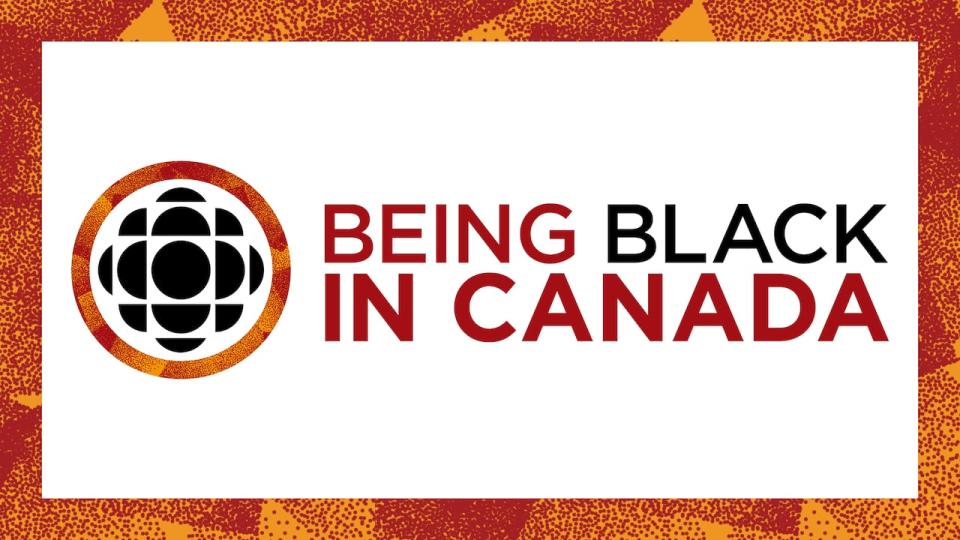History of Black women in P.E.I. now part of the province's school curriculum

Students and teachers in Prince Edward Island now have access to a new curriculum focused on the history of Black women in the province.
The material was developed as part of the Black Women's History Project and includes three lesson plans for Grade 8 social studies classes.
Topics include the transatlantic slave trade, life through the lens of an enslaved woman in P.E.I., and the resilience and resistance of newly freed slaves who lived in The Bog area of Charlottetown.
Debbie Langston, a diversity consultant with the provincial Department of Education and one of the project leads, hopes teachers and students will learn as much about the history of Black Islanders as she did while she was helping to develop the lessons.

'I would like [students] to understand that there is a rich history here,' says Debbie Langston, a diversity consultant with the P.E.I. Department of Education. (Tony Davis/CBC)
"[Teachers are] really appreciative of the history background that we supplied for them as educators, knowing that they hadn't had this information when they were in school," Langston told Island Morning host Mitch Cormier.
"I learned a lot [about] the contributions that the members of the Black community made to P.E.I. in terms of … the land clearing and the farming and all of these things that helped establish P.E.I. as a successful jurisdiction."
Development of the curriculum took about two and a half years, beginning during the COVID-19 pandemic.
Each lesson is accompanied by educational videos shot last year at the Black Cultural Society of P.E.I. that give greater context to the stories.
Many of the people who filmed, directed and acted in the videos are members of the Island's Black community.
Langston said the videos and the anecdotal evidence from descendants of original Black Islanders make the lessons more engaging for the students.

One of the new lesson plans focuses on formerly enslaved people who lived in The Bog area of Charlottetown. At its peak, The Bog was home to as many as 200 members of the Island's Black community in Charlottetown's west end. (Public Archives and Records Office of Prince Edward Island)
She hopes more can be added to the curriculum, such as the perspectives of the owners of enslaved people in P.E.I.
While the Department of Education is highlighting the launch of the curriculum during Black History Month, Langston said it can be used throughout the school year.
"I would like [students] to understand that there is a rich history here and there's a diverse history here," she said.
"But also, if they walk away asking questions about … certain histories that we're not talking about or haven't been told or were erased, and if they're looking at ways to make sure that doesn't happen again, then it would have been worth it."

(CBC)
For more stories about the experiences of Black Canadians — from anti-Black racism to success stories within the Black community — check out Being Black in Canada, a CBC project Black Canadians can be proud of. You can read more stories here.


